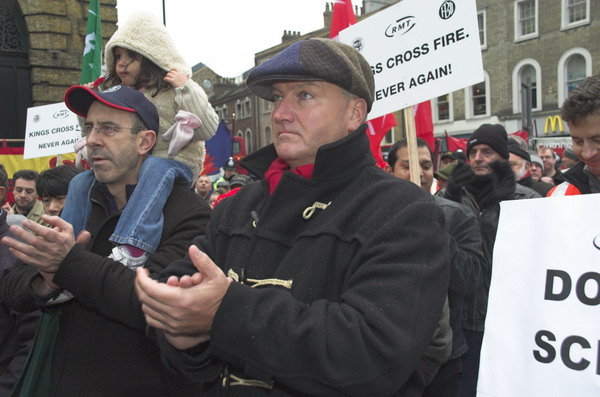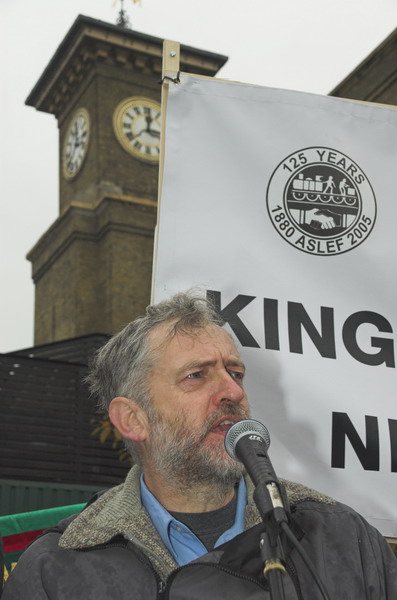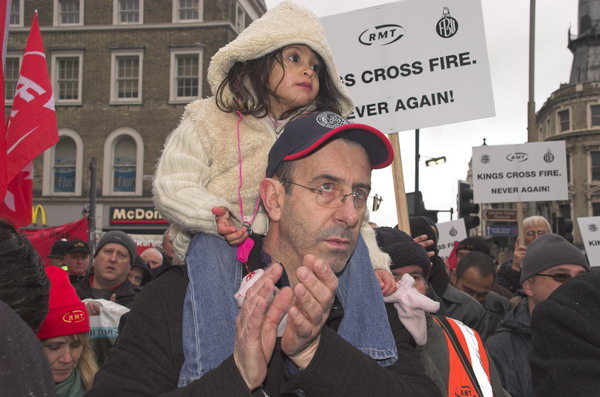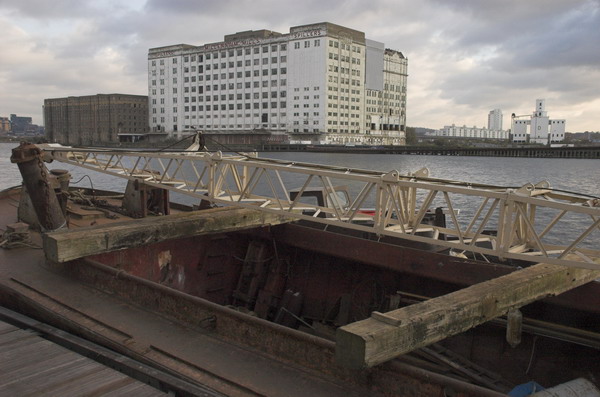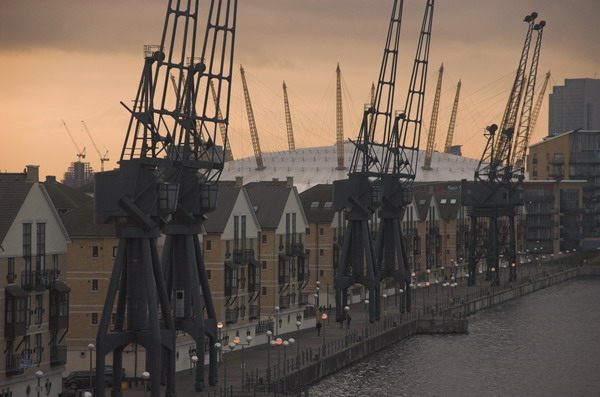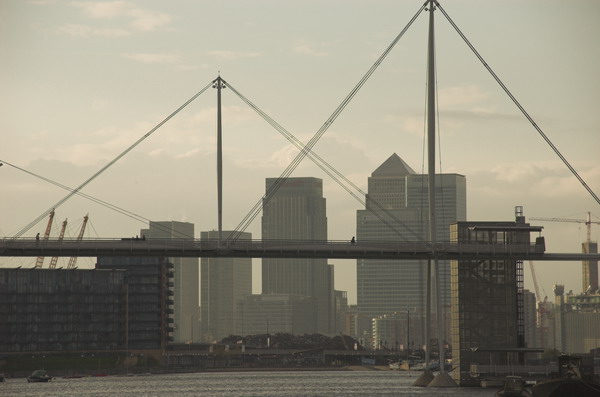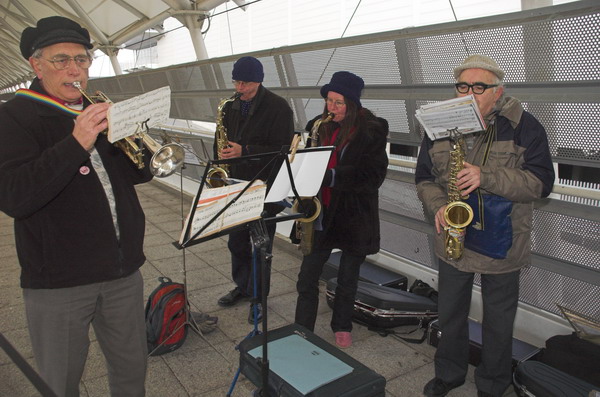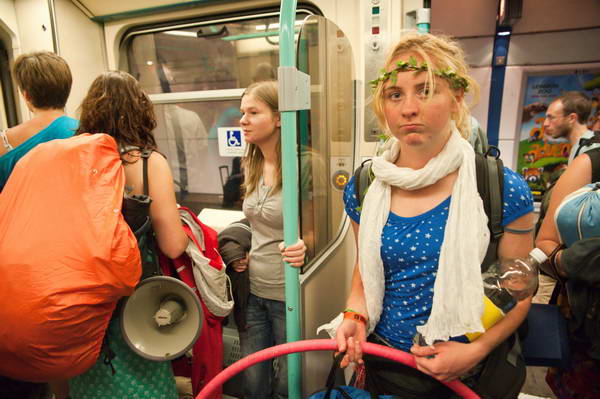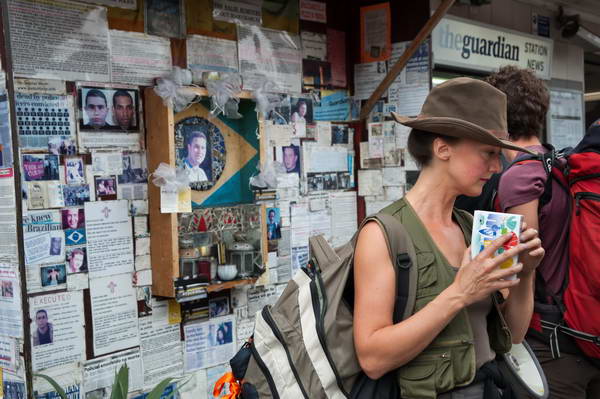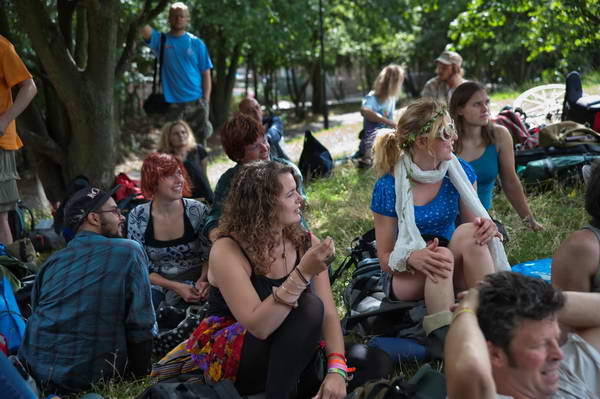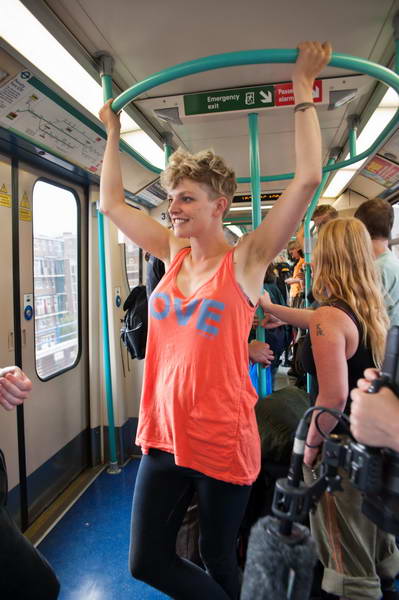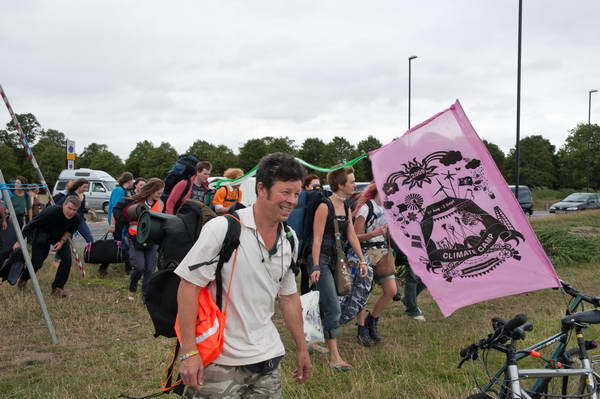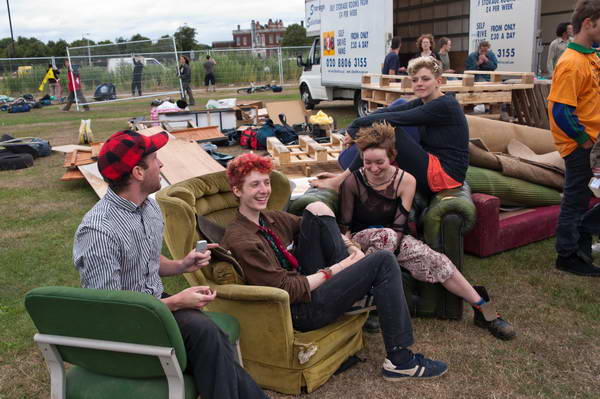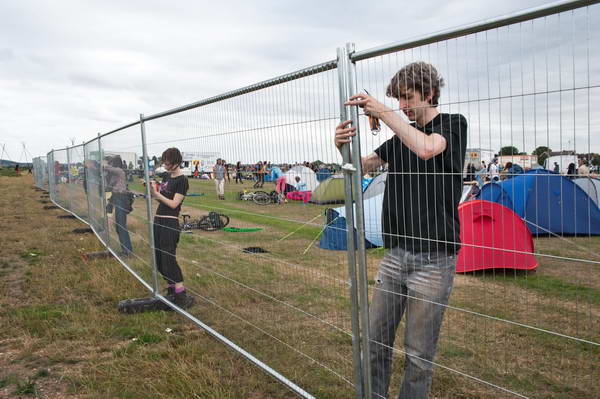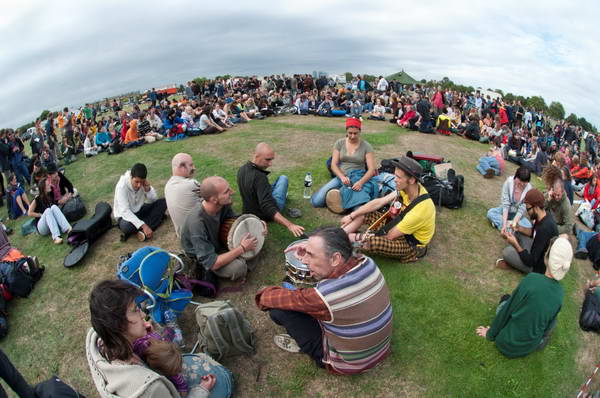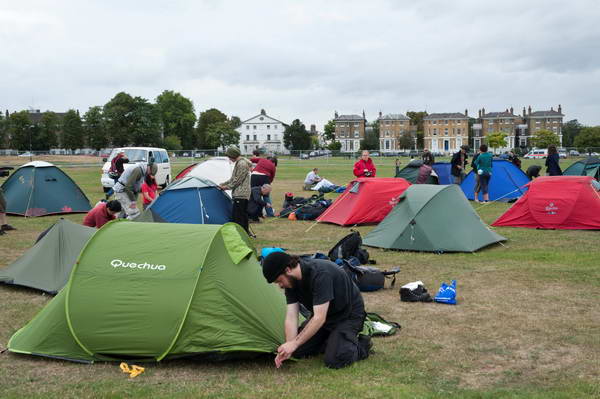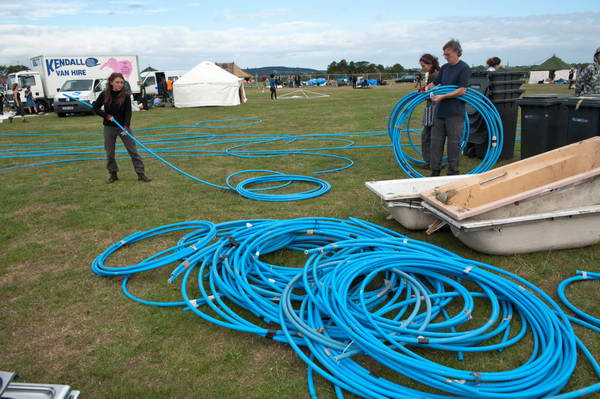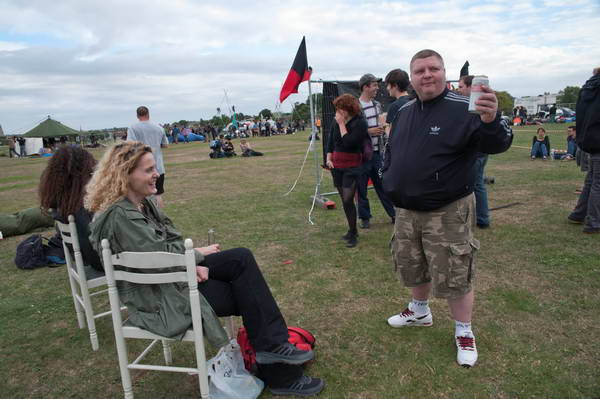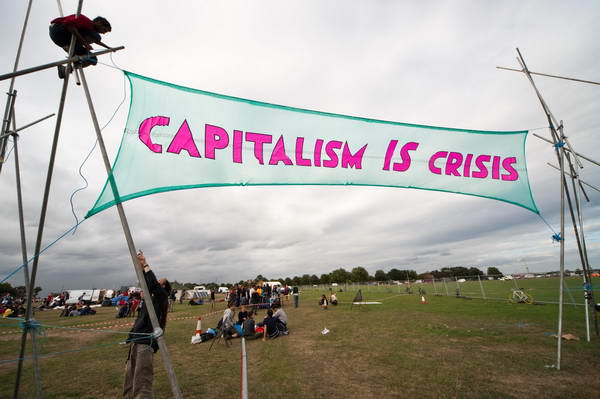Stanford-le-Hope, Corringham, Fobbing and Vange: On Thursday November 17th 2005 I took my Brompton folding bike on the train to Waterloo, cycled from there to Fenchurch Street station and then took another train to Stanford-le-Hope, a small town in Essex east of Tilbury. For some years I’d been photographing on both sides of the River Thames in Kent and Essex, but this was an area I’d yet to explore.
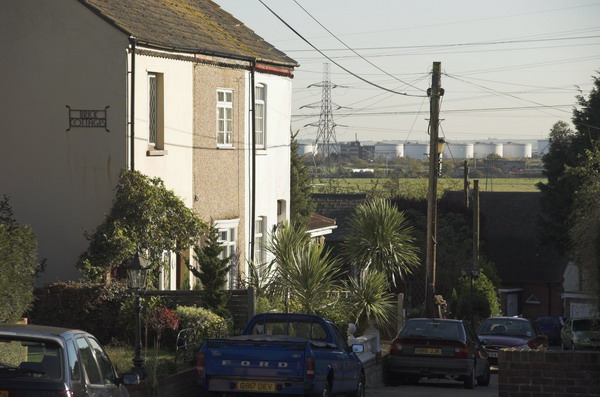
Much of the area is marsh and there are few roads, but it is also the site of Coryton and Thames Haven oil terminals.The building of London Gatway Port began there three years later and it opened in November 2013, “a fully integrated logistics facility” located 30 miles east of London, “able to handle some of the largest container ships in the world.”

I wasn’t able to access the oil terminals but could see them from a distance both on this ride and on other rides I made to Canvey Island.

Below is what I wrote about the ride in 2005:

We had some fine weather in the middle of the month, which got me out on my bike again to take a ride around the north side of the Thames estuary, from Stanford-le-Hope – where Joseph Conrad lived and wrote for a couple of years along to Corringham village, then on to Fobbing and past Vange marshes to Pitsea station.

The first miles were on low-lying farmland, with the skyline dominated by the oil tanks and refinery at Coryton (named for the Cory brothers who bought the site in 1923). The old village at Corringham is on a low hill, and parts remain very picturesque. Fobbing has some more serious hills, its main street falling sharply from the church down to the marshes. I took the bike a short way on the footpaths across the marsh, but it wasn’t a suitable surface for riding.

Large-scale development is expected in the area, as the former Shell Haven site, just to the west of Coryton, is to become a large container port, London Gateway.

In the recreation ground at Fobbing is a memorial arch. In May 1381, a tax collector, Thomas Bampton, came to the village to demand unpaid poll tax from the peasants of Fobbing, Stanford and Corringham; his demands were so unreasonable that this caused a riot and the villagers threw him out.

By the following day, three of Bampton’s men had been killed and the revolt was spreading through Essex and further afield. News doubtless travelled across the river to Kent, where John Ball had earlier been arrested for his radical views, and Kent peasants also revolted. The arch was erected for the 600 anniversary in 1981. [More about the 1381 Great Rising or Peasant’s Reevolt on Wikipedia]

North of the village, Marsh Lane is a bridleway leading out onto the marshes. There had been rather too much rain recently to make cycling along it easy, with large puddles and tractor-churned mud. After around three quarters of a mile, the track became just a grassy footpath and I turned round and made my way back up to the main road on the higher ground overlooking the marsh. [My Brompton soon becomes unrideable on very muddy ground, with mud between the mudguards and tyre locking the wheels – and a difficult job to scrape out.]

Vange is now very cut-off from its marshes, both by the railway line and the A13 road. I’d hoped to explore the marsh a little more, but when my front tyre got a puncture decided to make directly for Pitsea station and the trains home.
More pictures from the ride on My London Diary.
Flickr – Facebook – My London Diary – Hull Photos – Lea Valley – Paris
London’s Industrial Heritage – London Photos
All photographs on this page are copyright © Peter Marshall.
Contact me to buy prints or licence to reproduce.
